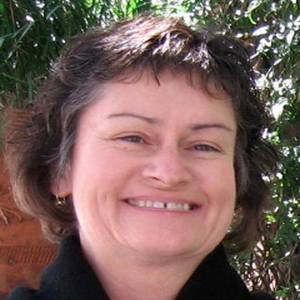Transforming Prenatal Care: Personalized Medicine Begins in the Womb
Often times pregnancy is considered to be a natural process that should unfold with little medical intervention. Thus, prenatal care is largely observational consisting of growth measurements and monitoring for signs of pregnancy complications. One reason this should change is our growing understanding of the developmental origins of adult diseases. Low birthweight, a by-product of many pregnancy complications, is associated with substantially increased rates of coronary heart disease, stroke, hypertension and non-insulin dependent diabetes. Thus, life in the womb is an important variable in the equation that determines an individual’s overall health. Additionally, prenatal genetic testing for common aneuploidies is limited to women over the age of 35, when the risk of the procedure equals the risk of having an affected child. How can we devise a strategy for developing much-needed clinical tests for the routine monitoring of pregnancy? We can take advantage of the fact that the placenta—a transient fetal organ weighing more than a pound at the end of pregnancy—is inserted into the maternal blood stream. Furthermore, many pregnancy complications and all aneuploidies are associated with abnormalities in placental structure and function. Accordingly, we hypothesized that these changes alter the repertoire of placental proteins in maternal blood. To test this theory, we used an unbiased mass spectrometry-based approach to analyze the plasma proteome of women with preeclampsia (maity for the diagnosis and prediction (at 20 weeks gestation) of this important pregnancy complication. Our work demonstrated the feasibility of this approach for developing biomarkers to monitor the health of a pregnancy. Discovering sentinels of other pregnancy complications and expanding this work to detecting fetal aneuploidies would raise the standard of clinical care for pregnant women to the acceptable norms for neonates, children and adults.
Presented by:
Susan Fisher, Ph.D.

Professor in the Department of Obstetrics, Gynecology and Reproductive Sciences at the University of California, San Francisco, School of Medicine
No slides availableNavigate the Site
2026 GoldLab Symposium
Save the date!
Please join on May 14-15, 2026Presenters In The News
Contact Info










